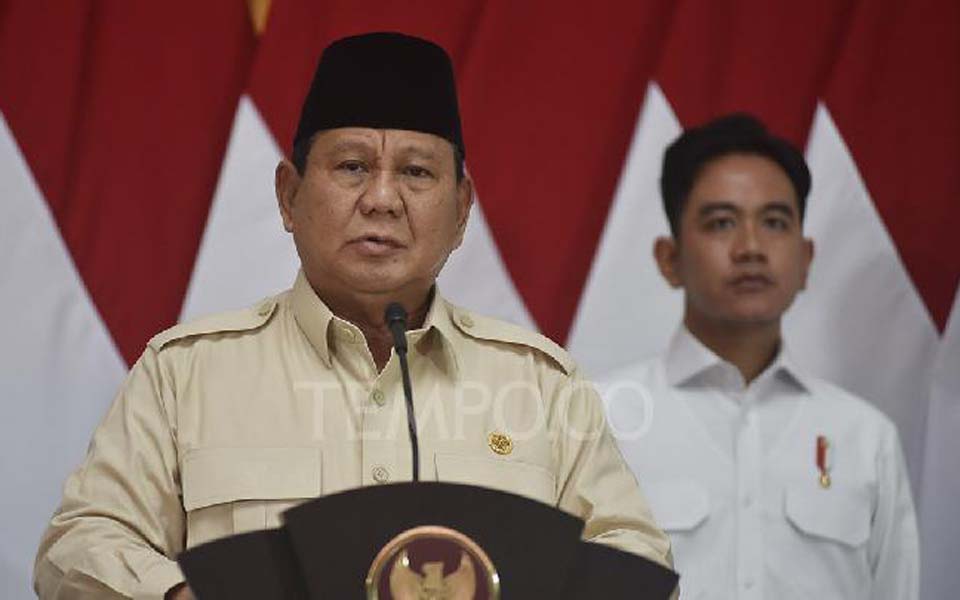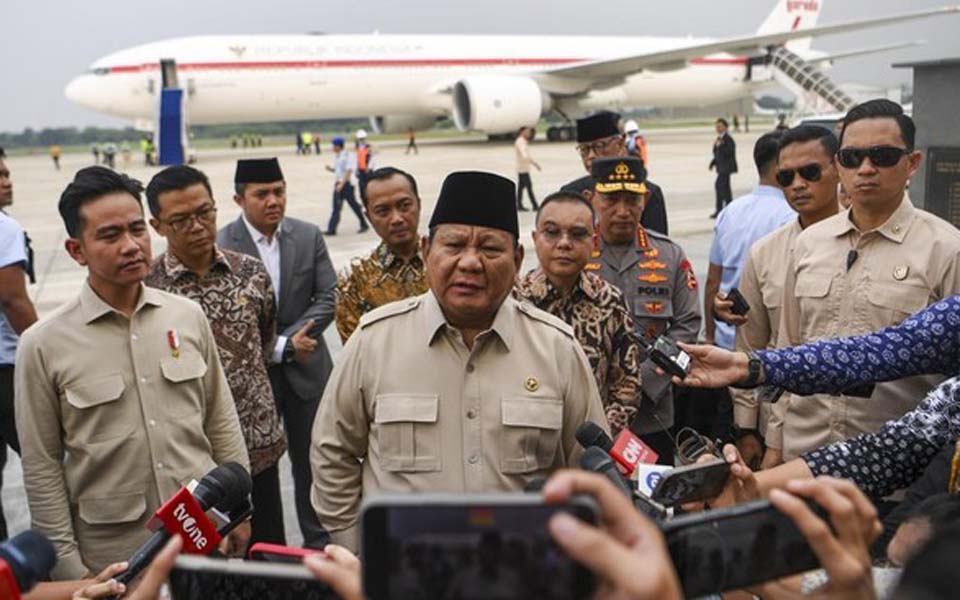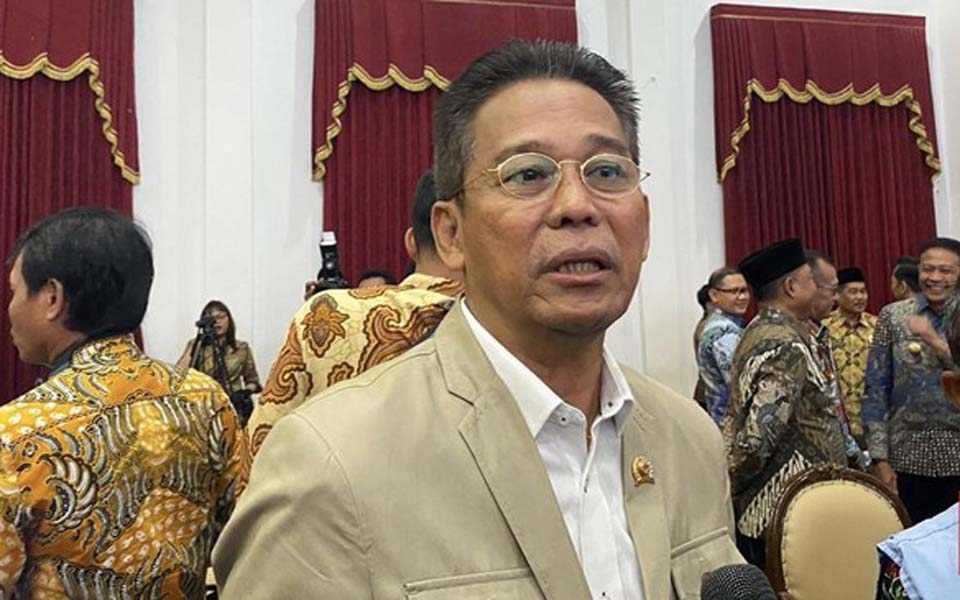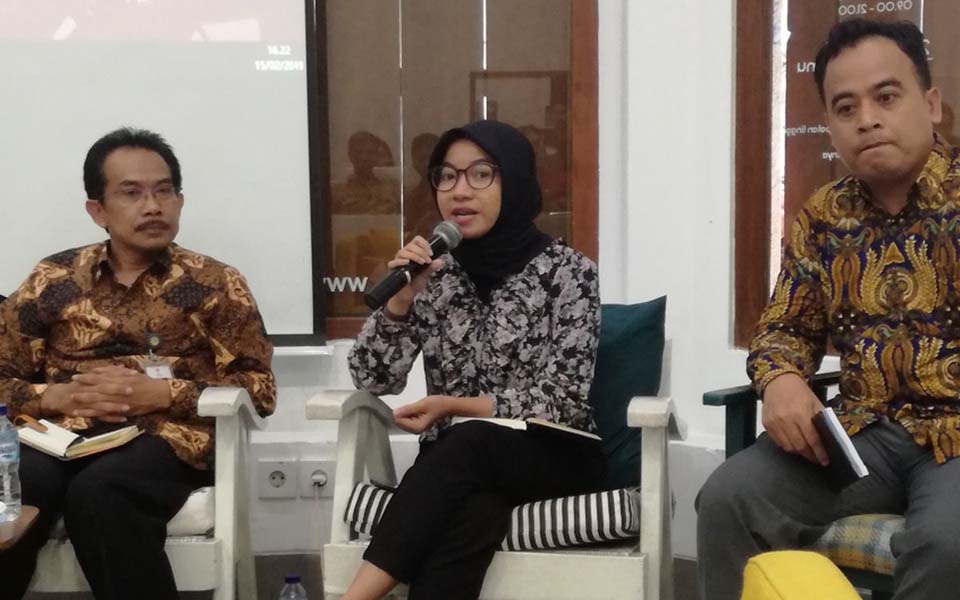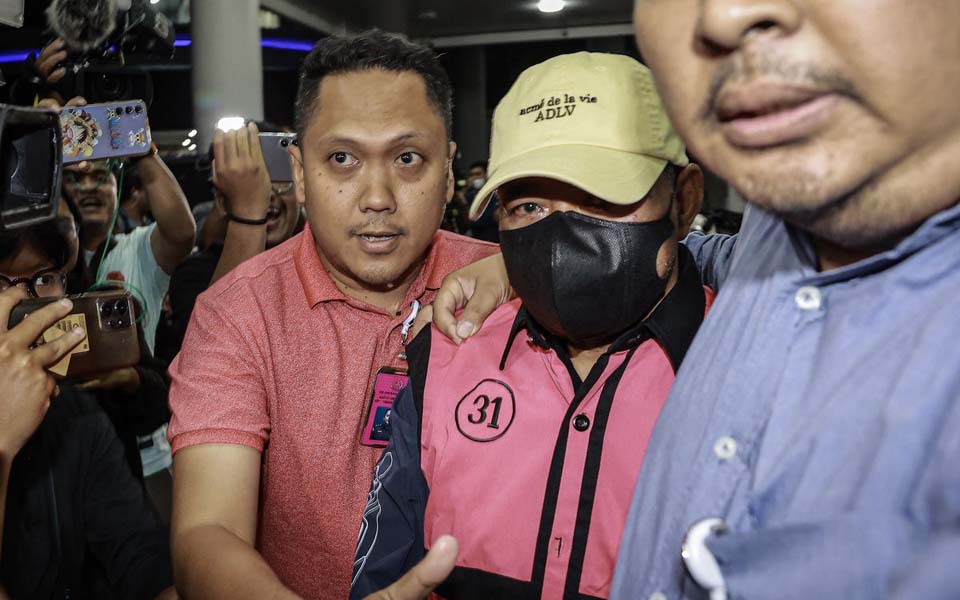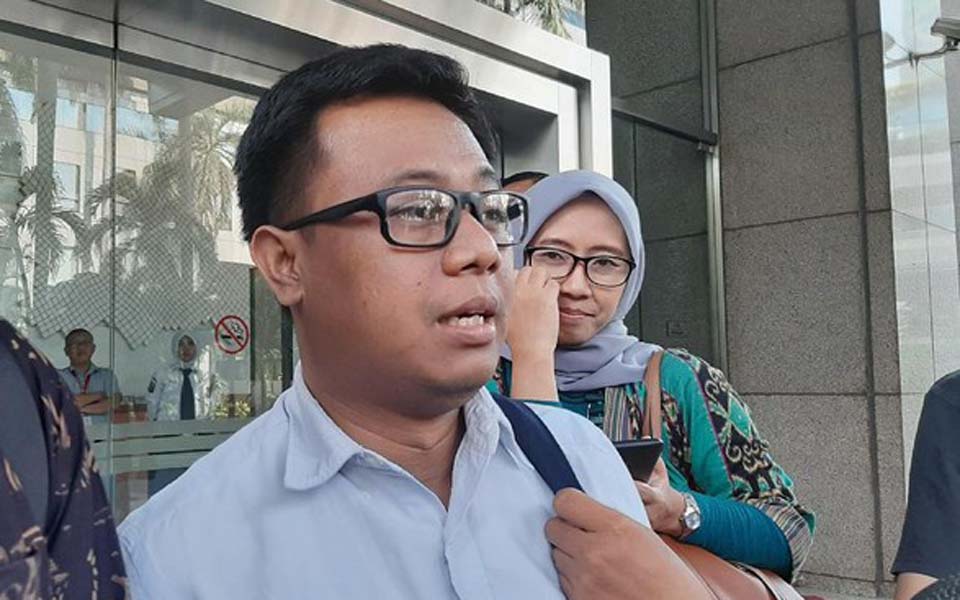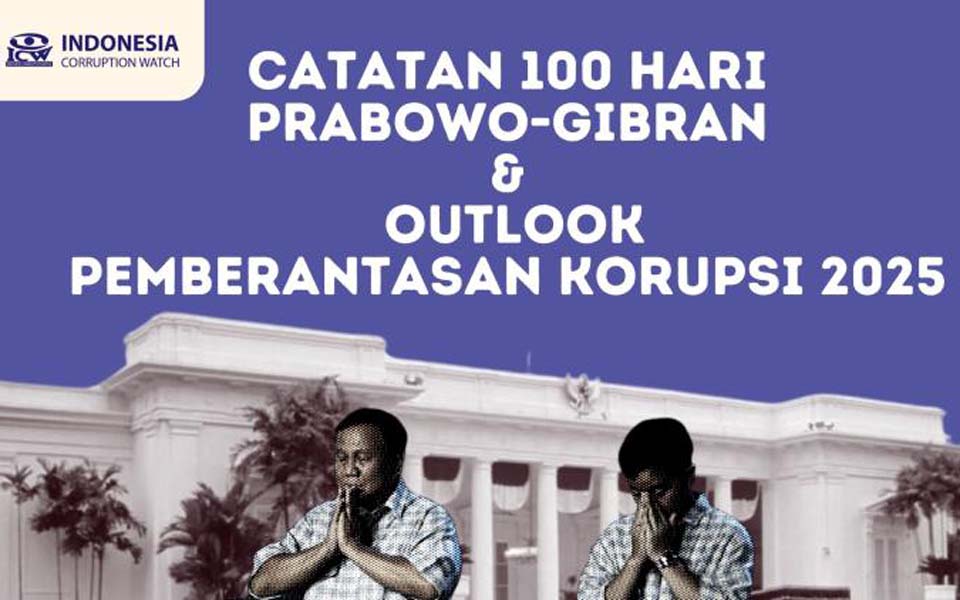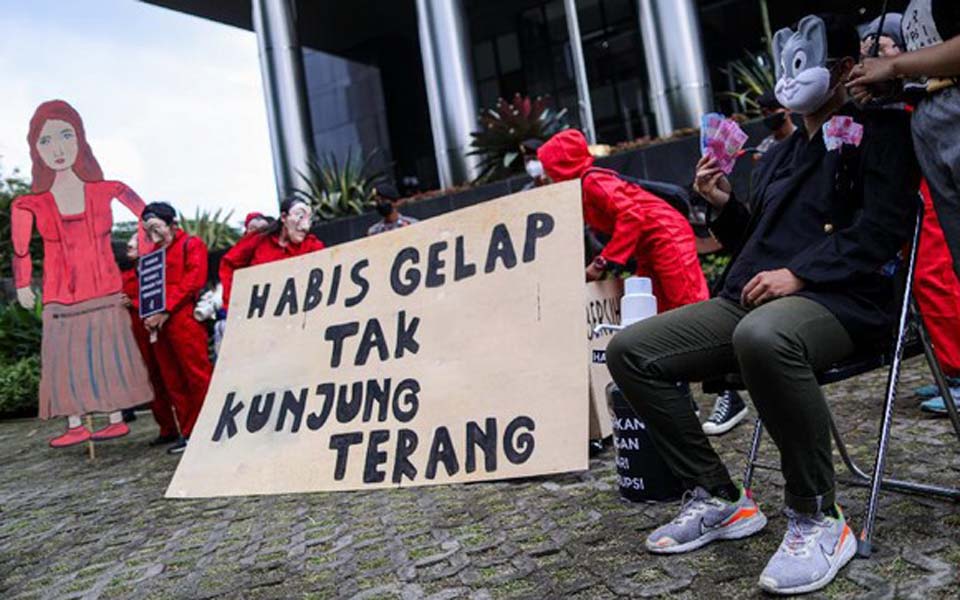Salsabilla Azzahra Octavia, S. Dian Andryanto, Jakarta – Politics and Government Department (DPP) lecturer Alfath Bagus Panuntun El Nur Indonesia from the Gadjah Mada University (UGM) Faculty of Social and Political Sciences (Fisipol) has observed that President Prabowo Subianto has applied a fake heroism, so corruption law enforcement in the first 100 working days of the government has not proceeded well.
According to Alfath, Prabowo plays on the atmosphere of public mysticism which can be called part of fake heroism. Prabowo has forced the public to believe the government has made a breakthrough in overcoming corruption in Indonesia. If observed more deeply however, the main players in combating corruption in Indonesia have not been able to reach the main actors.
"He (Prabowo) has forced the public to see that in fact the government had a breakthrough in catching corruptors, but if for example if we check in more detail, actually this is not so", he told Tempo on Friday January 31.
Currently, matters of law enforcement and corruption eradication in the era of the administration of Prabowo and Vice President Gibran Rakabuming Raka are increasingly complicated because there has not been any new breakthroughs that have been able to be applied.
Prabowo has stated his wish to pursue corruptors as far as Antarctica. But, Prabowo in fact gives the impression he wants to forgive corruptors if they return the money they corrupted.
"It can be seen from several of Prabowo's statements in public in which he initially declared he would pursue corruptors as far as Antarctica, but after that Prabowo in fact gave the impression of wanting to forgive corruptors as long as they returned the funds corrupted. This tendency has emerged in public and shows that Prabowo doesn't have a strong political commitment to eradicate corruption", said Alfath.
In the case of arresting corruptors, it cannot be denied that only low level officials have been subject to legal actions. This is not enough to stop or resolve the corruption problem which is structural in character.
"So this can be referred to as pahlawan palsu or fake heroism. He'll catch them as if it's cool and good, but this never solves the core of the problem because the roots are never touched", Alfath said.
During the new administration's first 100 working days there were several arrests related to alleged corruption, such as the 1 trillion rupiah corruption case involving a former Supreme Court official, the online gambling case implicating the Communications and Digital Affairs Ministry and even the issue of the mysterious sea fence off the coast of Tangerang. But there have been no big moves pursued by the government to dig into these issues down to their roots.
"On these points, actually we see that the state is in bed with those who are called corruptors. At this point, we can see that the first 100 days have yet to show a performance that is adequate", he said.
Alfath previously observed the claims made by Greater Indonesia Movement Party (Gerindra) politicians as the main supporters of Prabowo who said that the president is coordinating with the Attorney General on the agenda of eradicating corruption and handling illegal licensing.
But Alfath does not yet see this commitment as a policy for eradicating corruption. To see the effectiveness of the policy, it needs to be measured by the roots of the problem first.
One of the problems of law enforcement that hinders the eradication of corruption is the issue of the Corruption Eradication Commission (KPK) as an institution that can no longer be said to be independent. At present, the KPK is led by people selected by the previous president, namely President Joko "Jokowi" Widodo. Setyo Budiyanto, who is currently the chairperson of the KPK, was selected by Widodo before stepping down.
"The people who were later elected [by the House of Representatives, DPR] at the beginning of Prabowo-Gibran's reign were people who were desired by Jokowi. That is, Jokowi will not be linked to issues of corruption because the people who were elected as commissioners in the Prabowo-Gibran era are people who were agreed upon by Jokowi", Alfath said.
According to Alfath, the KPK must represent the public interest, not the interests of certain groups. "Corruption is a systemic issue, so the way to respond and answer it is that it must be done systemically. Now, if it can be started from the election of KPK leaders who truly represent the public interest, then its authority is improved instead of being reduced", said Alfath.
[Translated by James Balowski. The original title of the article was "100 Hari Prabowo-Gibran, Dosen Fisipol UGM Soroti Kepahlawanan Palsu dalam Penegakan Hukum Korupsi".]





